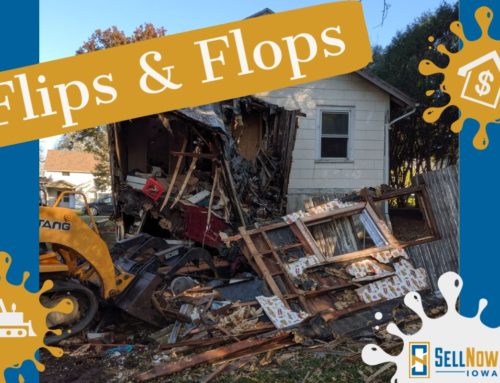Data, Trends, and Possible Outcomes
Meetup Date: January 21, 2021
We’re talking with Jane Rongerude PhD about her current research: Rental Housing Provider and COVID study.
The purpose of this study is to learn how the COVID-19 pandemic has affected owners of residential rental properties.
Contact Dr. Rongerude at jrong@iastate.edu if you’re interested in participating in the study.
Study participation is neck and neck between Des Moines and Minneapolis, so c’mon DSM landlords!! We can do this!
Stay in the Know for Future Events!
Join the Facebook group or check out Meetup.com for the most up-to-date information.
About Our Spotlight Speaker

Dr. Rongerude is an Associate Professor of Community and Regional Planning at Iowa State University. Her research interests focus on housing, public engagement, and the scholarship of teaching and learning. Her work has been published in the Journal of Community Practice, Planning Theory and Practice, Urban Affairs Review, and the Journal of the American Planning Association. She earned her MCP and PhD in city and regional planning from the University of California at Berkeley.
The Study: Keeping shelters in place: Understanding residential landlord decision-making during the COVID-19 Pandemic
Tenants face particular challenges in the face of disasters, and those challenges have been amplified in the current pandemic. Signed into law on March 27, 2020, the “Coronavirus Aid, Relief, and Economic Security” (CARES) Act placed a 120-day moratorium on evictions in federally financed multifamily rental properties as well as fees and penalties related to non-payment of rent in an attempt to at least partially ameliorate a potential national housing crisis. A direct federal intervention of this scope into local housing policies was unprecedented. It also left the larger problem of rental housing stability unaddressed. Most rental properties in the United States are held by private owners, owners who often rely on rental income to pay mortgages, maintain the property, pay property taxes, and generate income. The Act included a provision for forbearances up to 90 days for federally-backed mortgages, but otherwise left property owners to find their own solutions for addressing rental income shortfalls. Many have turned to local government.
The Act, along with a patchwork of similar state statutes, created temporary housing stability for many renters by ensuring that they could remain in place. However, in neighborhoods dominated by rental housing of any kind, stability requires that landlords remain solvent. Over 94 percent of the approximately 20 million landlords in the US own properties worth less than $1 million in value, with about 64 percent owning properties with a value of $200,000 and less (Rental Housing Finance Survey, 2018). About 41 percent reporting having debt, including 16 percent with a debt-to-equity ratio greater than 80 percent (Rental Housing Finance Survey, 2018). In other words, the vast majority of landlords in the US own fewer than 4 units and a significant proportion are responsible for servicing debt associated with their rental units.
Landlords must manage revenue shortfalls while trying to fulfill financial obligations like paying mortgage, insurance, wages and benefits to their employees. The stability of the rental housing market is intertwined with a landlord’s ability to tackle financial challenges, and an understanding of landlord characteristics and decision-making is essential for managing housing stability during a crisis and facilitating housing recovery after. In an attempt to better understand how the pandemic is affecting rental property owners, this dashboard provides current information related to:
- The current financial and organizational characteristics of residential landlords
- How the COVID disaster has impacted the businesses of residential landlords
- The assistance programs that residential landlords have used to address their current shortfalls
- The other ways they have responded to the crisis (for example, forgoing building maintenance, renegotiating leases, etc.).
The long-term impacts of the COVID-19 pandemic on rental housing stability remains unknown; and currently, property owners, renters, and local officials are all feeling the strain. Improving our understanding of the constraints facing residential landlords can help shape policy responses to housing insecurity during the pandemic and for future disasters.
Funding for this study comes from the National Science Foundation and the Polk County Housing Trust Fund.
Listen on Castbox
Disclaimer: Please consult with your own real estate, tax, and/or legal professionals before making any decisions. Sell Now Iowa sponsors this meetup.


